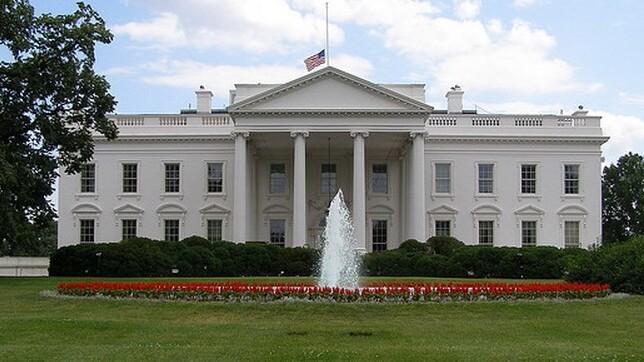
We’ve done it again: Today the House of Representatives passed the Cyber Intelligence Sharing and Protection Act (CISPA) with 288 votes in favor besting 127 votes opposed. Eighteen representatives abstained.
That vote tally compares to last year’s vote on the bill, in the previous Congress, in which CISPA passed 248 to 168. Taken another way, following a muted and insufficient privacy amendment process, and a more Democratic chamber, CISPA managed to pass with a larger vote edge.
CISPA’s reformation hasn’t measured up to the level of issues raised by privacy advocates, certain industry executives, and many in the executive and legislative branches. For a tone-check on the amendment process that CISPA briefly endured, CNET has a telling anecdote:
Rep. Alan Grayson, a Florida Democrat, proposed an one-sentence amendment (PDF) that would have required the National Security Agency, the FBI, Homeland Security and other agencies to secure a “warrant obtained in accordance with the Fourth Amendment” before searching the database for evidence of criminal wrongdoing.
Debate was not allowed in the provision.
For more on why CISPA is often cast as controversial, and in the views of TNW is incorrectly cast from a privacy perspective, head here.
What happens next is now the pressing question; that CISPA passed is not a surprise. That it was not rebuilt to fairly protect privacy is also not a surprise, as frankly such changes would have been in some ways diametrically opposed to the ethos of its creators.
Will the Senate pick up CISPA? That is exceptionally unlikely. When CISPA last passed, it was all but ignored in the Senate, which worked on its own bill that ultimately failed. CISPA has passed, the House again, but is perhaps an infinite distance from becoming law.
Top Image Credit: Sean Hayford O’Leary
Get the TNW newsletter
Get the most important tech news in your inbox each week.




